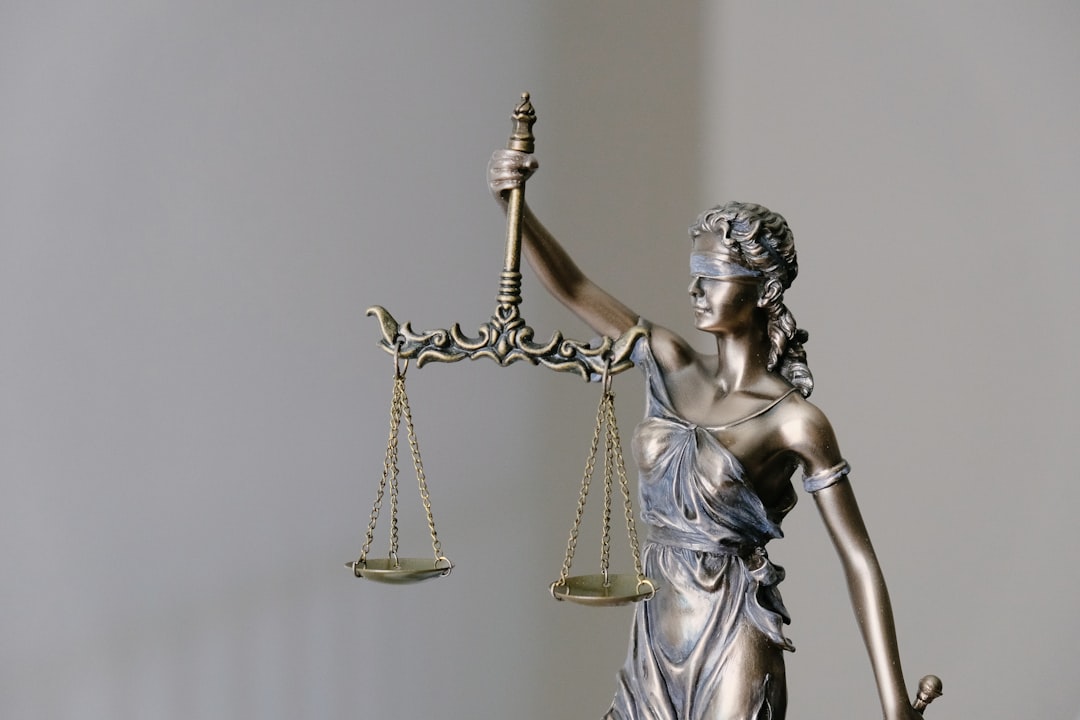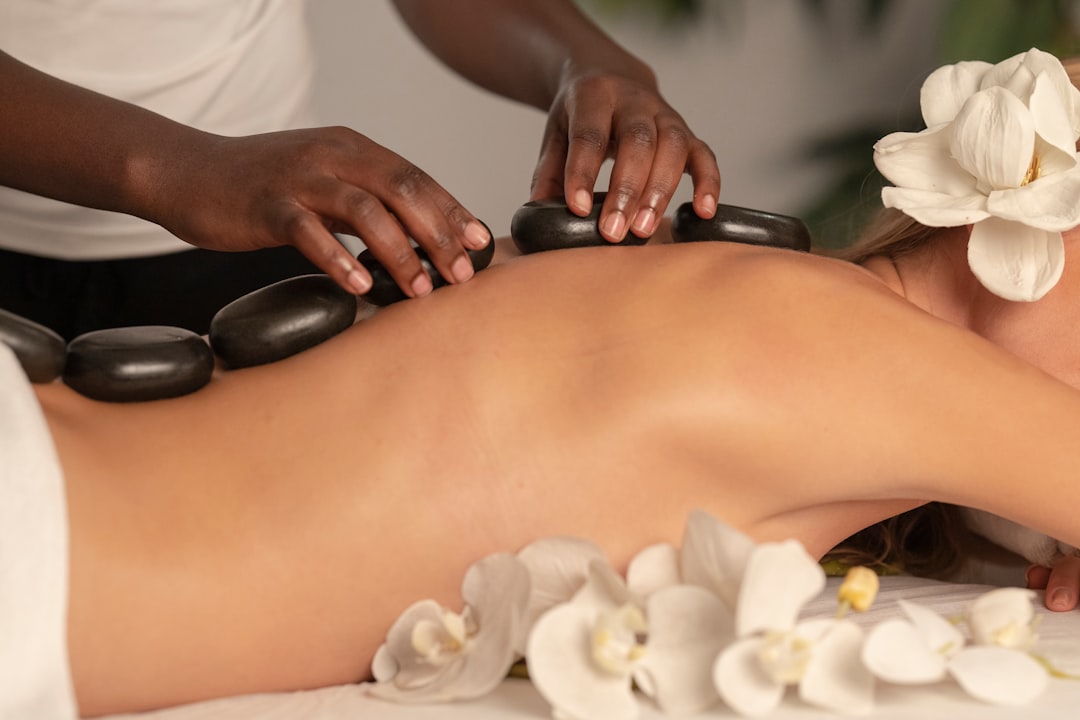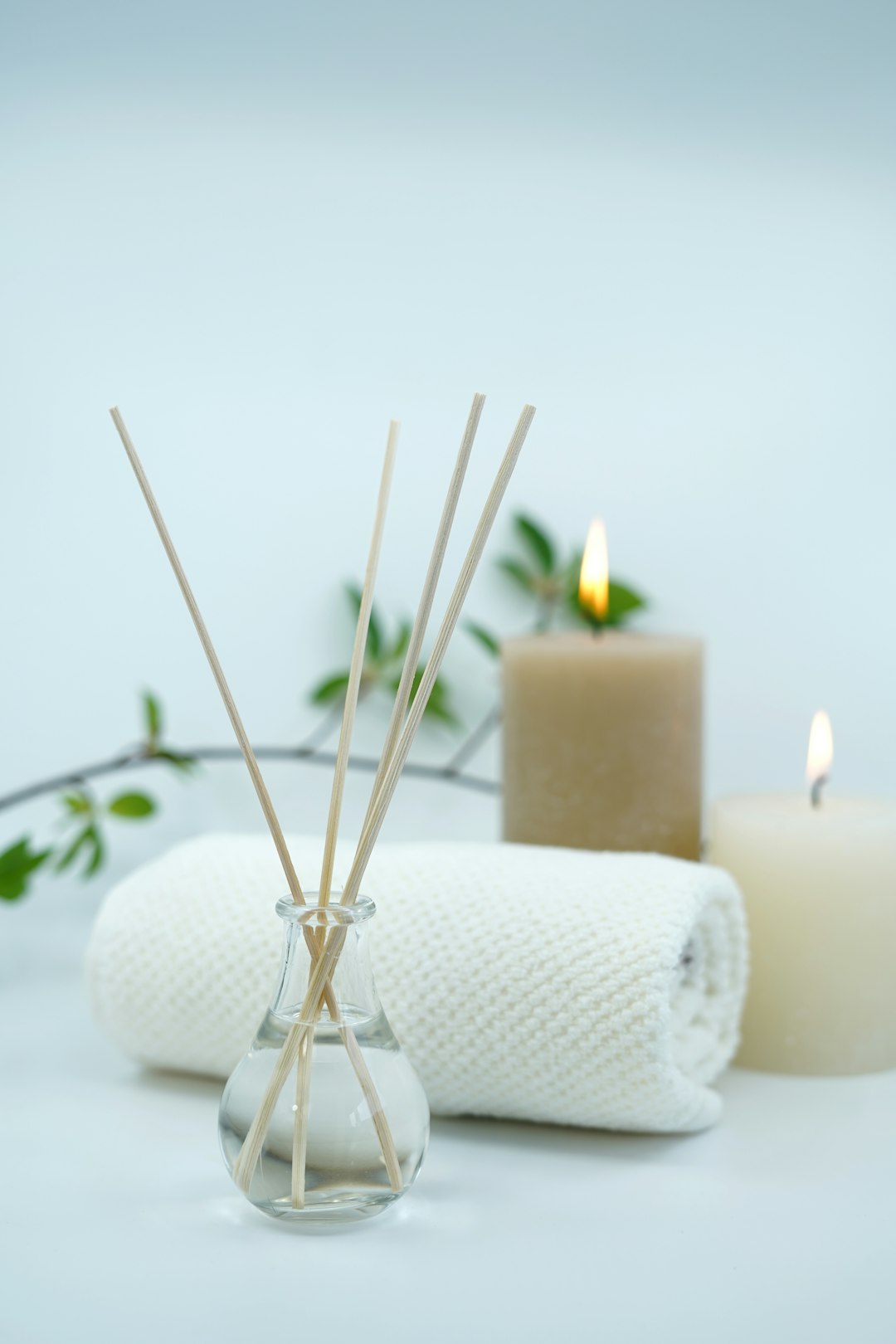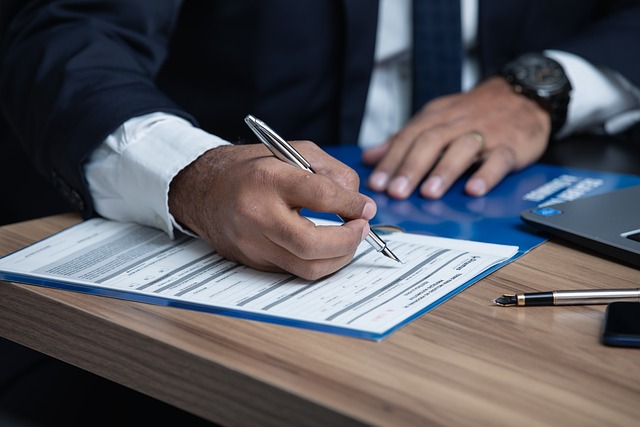A recent scandal in Newark, New Jersey, exposed widespread massage therapy industry abuse, highlighting the need for better peer support among therapists. This incident underscores the importance of guidance and accountability for victims and perpetrators, with massage abuse attorneys playing a key role in rehabilitation. Peer support groups offer safe havens, promoting healing through dialogue and shared experiences. These groups foster ethical standards, prevent future abuse, and connect therapists to resources, including legal aid from massage abuse attorneys in Newark, NJ. Building supportive communities is vital for therapists' recovery and positive change within the city's wellness sector.
In Newark, New Jersey, a recent massage therapy scandal exposed a dark underbelly of abuse and exploitation. This article delves into the complex process of rehabilitating abusive therapists, focusing on peer support as a crucial tool for healing. From understanding the issue and its impact to exploring legal avenues and community strategies, we examine how Newark can foster a supportive environment for all therapists while holding accountable those who have violated trust. Attorneys play a vital role in guiding victims through legal processes, ensuring justice and a path forward for rehabilitation.
Understanding the Issue: Uncovering Newark's Massage Therapy Scandale
In recent years, a disturbing scandal rocked the city of Newark, New Jersey, bringing to light a significant issue within the local massage therapy industry. Numerous clients reported instances of abuse and misconduct at the hands of trusted therapists, leading to a thorough investigation. The revelations highlighted a culture of exploitation and lack of regulation, where some masseurs engaged in inappropriate behavior, causing severe emotional distress to their customers. This scandal not only sparked public outrage but also prompted a critical examination of the existing support systems for both victims and offenders.
The case underscored the need for robust peer support mechanisms within the therapeutic community. Many survivors of massage abuse found it challenging to come forward due to fear, stigma, or a lack of understanding from their peers. A supportive network among therapists could have potentially empowered these individuals to seek help and encouraged open dialogue about such sensitive topics. With proper guidance, peer support can play a pivotal role in the rehabilitation process, fostering an environment that encourages accountability, healing, and positive change for both abusive therapists and those affected by their actions.
The Impact of Abuse and its Consequences on Therapists' Rehabilitation
In the context of Newark, New Jersey, where cases of massage abuse have been well-documented, therapists who have been victims of such abusive practices often face significant challenges during their rehabilitation process. The impact of abuse can be profound and multifaceted, affecting not just the physical but also the mental and emotional well-being of the therapist. This trauma can lead to a range of consequences that hinder effective recovery, including anxiety, depression, trust issues, and even post-traumatic stress disorder (PTSD).
The rehabilitation journey for these therapists requires specialized support to address these complex issues. Peer support plays a pivotal role in this process by providing a safe and understanding environment. Through peer support groups or one-on-one mentorship, therapists can share their experiences, gain insights into coping mechanisms, and offer emotional validation to one another. This network of peers becomes a crucial resource, helping to rebuild their sense of safety and competence, which is essential for them to return to practice with integrity and confidence, while also ensuring they don’t become another statistic in the dark underbelly of Newark’s massage industry where abuse attorneys often see cases.
Peer Support Groups: A Safe Space for Healing and Accountability
Peer Support Groups provide a safe and nurturing environment for therapists in Newark, NJ who have experienced or witnessed massage abuse. These groups offer a unique opportunity for healing and personal growth by fostering open dialogue, empathy, and shared experiences among peers. Members can express their struggles, gain insights from others’ journeys, and develop coping strategies to navigate the emotional aftermath of abusive situations.
Moreover, Peer Support Groups instill a sense of accountability within the therapeutic community. By coming together, therapists hold each other responsible for maintaining ethical standards and creating safe spaces for clients. This collective commitment helps prevent future instances of massage abuse by promoting awareness, education, and continuous support among Newark’s therapeutic professionals, ultimately ensuring client safety and well-being.
Legal Aspects: The Role of Attorneys in Supporting Abusive Therapists
In cases of suspected or confirmed massage abuse in Newark, NJ, attorneys play a pivotal role in supporting therapists who may be facing legal repercussions. These legal professionals help navigate complex regulatory frameworks and ensure that the rights of abused clients are balanced against those of practitioners facing allegations. Attorneys specializing in massage therapy law can provide strategic guidance on how to handle investigations, mitigate potential penalties, and advocate for their clients’ professional rehabilitation.
For therapists accused of abusive practices, an attorney can offer critical support throughout the legal process. This includes representing them during administrative hearings, negotiating settlements, or mounting a robust defense if charges are filed. By understanding the nuances of state licensing laws and industry standards, these attorneys can help restore the reputation and career prospects of wrongfully accused therapists, fostering a fairer system for all practitioners in Newark’s wellness community.
Building a Supportive Community: Strategies for Long-Term Rehabilitation
Building a supportive community is essential for the long-term rehabilitation of therapists who have engaged in abusive practices, especially in a city like Newark, NJ, where access to specialized services is crucial. Peer support networks play a pivotal role in this process. These groups provide a safe and non-judgmental space for therapists to share their experiences, challenges, and strategies for coping with the aftermath of massage abuse cases. By fostering open dialogue, members can learn from one another’s successes and failures, creating a tapestry of resilience and understanding.
Strategies for community building include regular meetings, online forums, or support groups facilitated by trained professionals or peers who have successfully navigated similar paths. Encouraging transparency and active participation ensures that every member feels valued and supported. This collective approach empowers therapists to break free from the cycle of abuse, enhance their professional development, and contribute positively to the Newark community—a far cry from the high-pressure, often sinister environment that led them to seek help in the first place.






